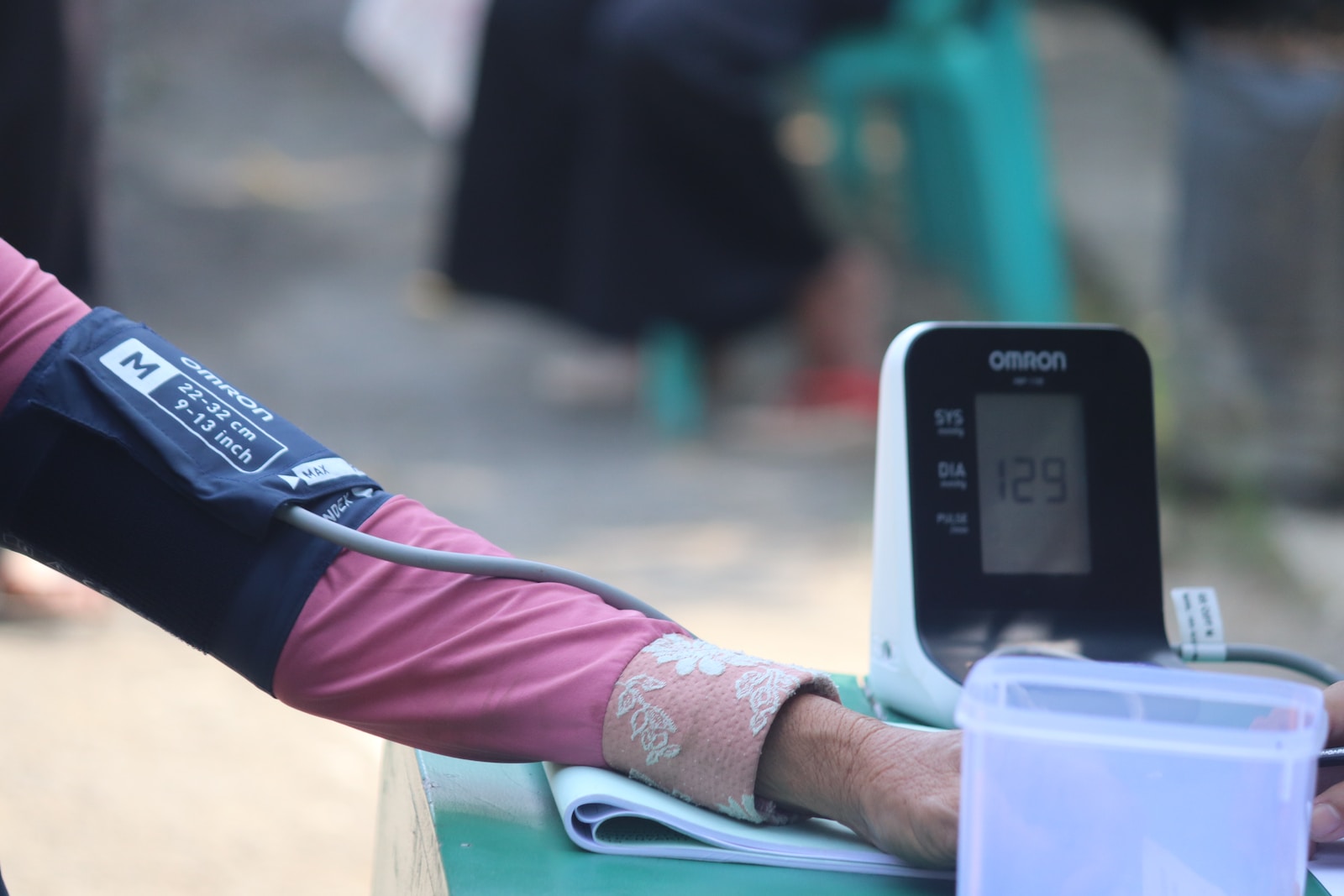This post may contain affiliate links which means I may receive a commission for purchases made through links. I will only recommend products that I have personally used! Learn more on my Private Policy page.
You can take proactive measures to prevent illness and maintain optimal health, including regularly schedule check-ups, screenings, and vaccinations as recommended by healthcare professionals.
Here are some examples of preventive healthcare measures that you can take today to improve your health & wellness in the future:
- Regular Health Check-ups: Schedule routine check-ups with your healthcare provider to monitor your overall health, identify potential health risks, and detect any early signs of illness.
- Vaccinations: Stay up to date with recommended vaccinations to protect against infectious diseases, such as influenza, measles, mumps, rubella, hepatitis, and human papillomavirus (HPV).
- Screening Tests: Undergo recommended screening tests based on your age, gender, and individual risk factors. Examples include mammograms for breast cancer, Pap smears for cervical cancer, colonoscopies for colorectal cancer, and blood pressure checks for hypertension.
- Healthy Eating Habits: Adopt a balanced and nutritious diet that includes a variety of fruits, vegetables, whole grains, lean proteins, and healthy fats. Limit the intake of processed foods, sugary drinks, and high-sodium foods.
- Regular Physical Activity: Engage in regular physical activity to maintain a healthy weight, strengthen muscles and bones, reduce the risk of chronic diseases, and improve overall well-being. Aim for at least 150 minutes of moderate-intensity aerobic activity per week, along with strength training exercises.
- Tobacco Avoidance: Avoid smoking and exposure to second-hand smoke, as smoking is a major cause of preventable diseases, including heart disease, lung cancer, and respiratory disorders.
- Alcohol Moderation: Limit alcohol consumption to moderate levels. For most adults, moderate drinking means up to one drink per day for women and up to two drinks per day for men.
- Sun Protection: Protect your skin from harmful UV rays by wearing sunscreen with SPF 30 or higher, seeking shade during peak sun hours, and wearing protective clothing and accessories, such as hats and sunglasses.
- Stress Management: Practice stress management techniques, such as meditation, deep breathing exercises, yoga, or engaging in hobbies and activities that help you relax and unwind.
- Mental Health Awareness: Prioritize your mental health by seeking support and treatment if needed. Stay connected with loved ones, engage in activities that bring you joy, and be aware of your emotional well-being.
- Regular Dental Care: Maintain good oral hygiene by brushing and flossing regularly and visiting the dentist for routine check-ups and cleanings. This helps prevent oral diseases, including cavities and gum disease.
- Safe Sex Practices: Practice safe sex by using condoms, getting regular sexually transmitted infection (STI) screenings, and discussing sexual health with your healthcare provider.
- Occupational Safety Measures: Follow safety protocols and use protective equipment at your workplace to prevent work-related injuries and illnesses.
- Fall Prevention: Make your home environment safe by removing tripping hazards, using non-slip mats in the bathroom, installing handrails on stairs, and ensuring proper lighting to prevent falls, especially for older adults.
- Adequate Sleep: Prioritize sufficient and quality sleep by establishing a regular sleep routine and creating a sleep-friendly environment. Aim for 7-9 hours of sleep per night, as sleep plays a vital role in overall health and well-being.
Remember, preventive healthcare measures are essential for maintaining optimal health and reducing the risk of illness.
It’s important to consult with your healthcare provider to determine which preventive measures are most appropriate for your individual needs and circumstances.













